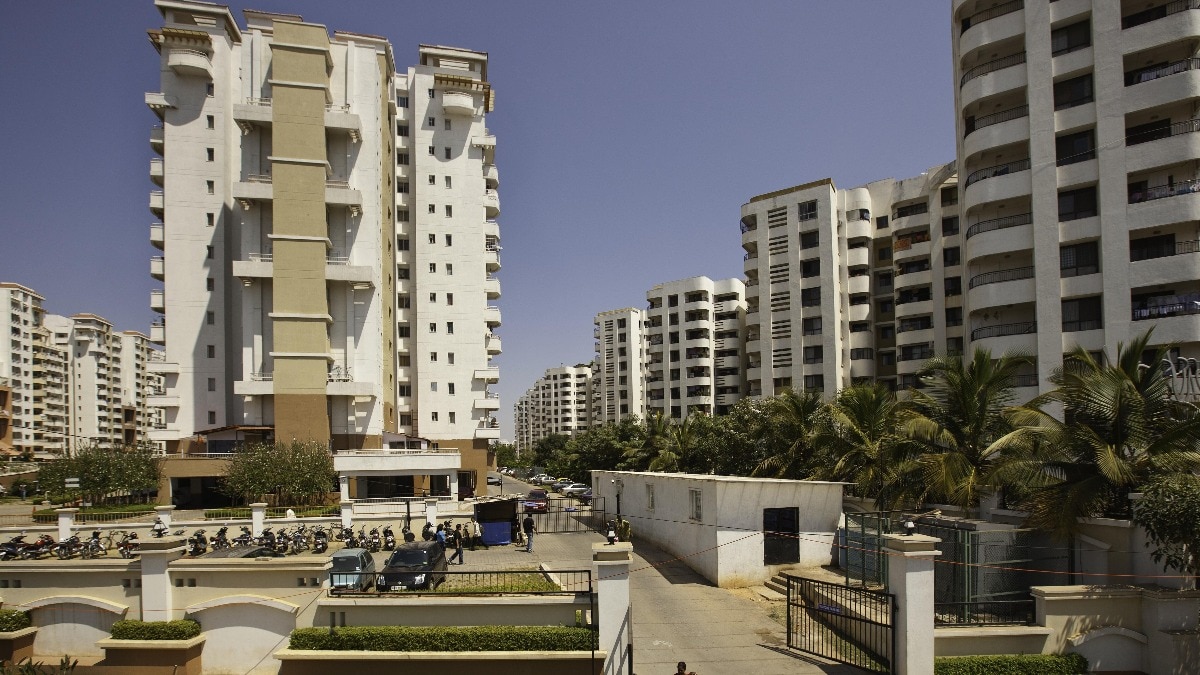Booking an under-construction flat in India isn’t just a financial decision—it’s a legal gamble, says Sujith SS of Moneydhan, who outlines the grinding realities of navigating the Real Estate Regulatory Authority (RERA) system when projects stall and buyers are left in limbo.
In a LinkedIn post, Sujith warns that if a builder halts or indefinitely delays construction, homebuyers face not just stalled dreams but spiraling costs—EMIs, rent, and legal fees—with little immediate recourse.
“You’re made to use a system that protects builders more than buyers,” he writes.
Buyers often turn to RERA in hope, but Sujith describes it as a “legal maze” that drains time, money, and patience. Filing a case requires hiring a lawyer—often charging ₹1 to ₹1.5 lakh upfront—compiling exhaustive documentation, and waiting months for a first hearing. When hearings finally begin, builders frequently request adjournments or raise technical objections to delay proceedings.
Even when RERA rules in the buyer’s favor—ordering refunds, possession, or compensation—compliance remains a major issue. Unlike court verdicts, RERA lacks direct enforcement powers. Orders must be routed through the District Collector’s office for execution.
That’s where the next hurdle emerges. The process involves navigating layers of bureaucracy—from Tehsildars to Talathis to Revenue Inspectors—each step prone to delays, file mismanagement, or outright neglect. Sujith writes that Tehsildars often deprioritize RERA orders, and buyers must chase paperwork through multiple government offices.
Even if the Collector agrees to act and initiates property attachment or auction, enforcement is far from guaranteed. “You don’t have access to the builder’s asset list,” Sujith notes. Builders may have moved or hidden assets, and without institutional support, recovery efforts can stretch into years.
Ultimately, Sujith’s post doesn’t just document buyer frustration—it exposes the gap between regulation and enforcement in India’s real estate sector, where a win on paper often doesn’t translate to justice on the ground.
